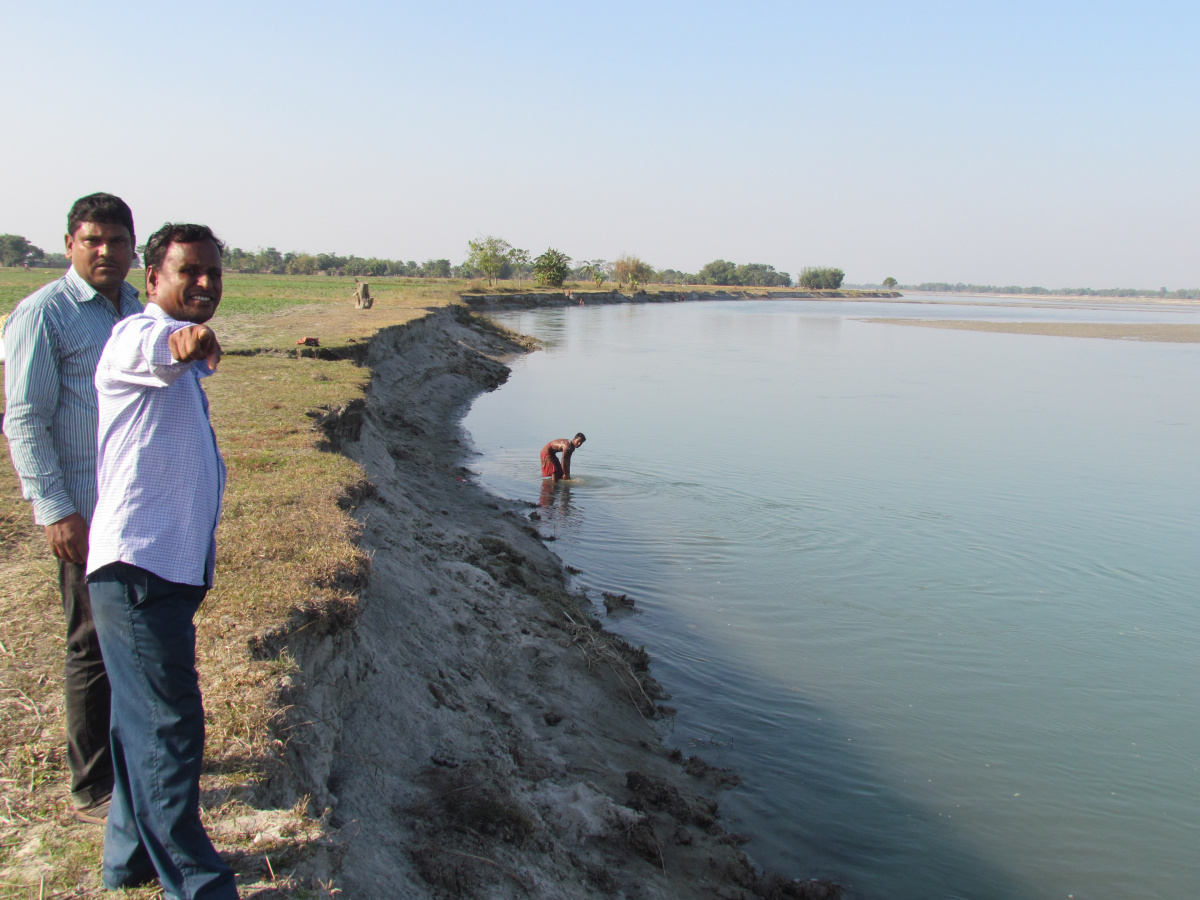Share water to make peace – IUCN
More people and less water could mean increased conflict for scarce shared water resources, warns IUCN (International Union for Conservation of Nature). But in its latest report IUCN clearly shows how better cooperation over shared rivers can help governments avoid water crises.

Photo: IUCN
“We cannot understate the importance of water for life on this planet; it’s as necessary as the air we breathe,“ says Julia Marton-Lefèvre, IUCN’s Director General. “Governments must realize that river basins, not national borders are the boundaries around which effective water management must be drawn.”
Released ahead of World Water Day on March 22, IUCN’s latest publication, “Share: Managing Water Across Boundaries”, shows that international rivers – those shared by neighbouring countries – provide an estimated 60 percent of the world’s freshwater. There are some 260 international river basins in the world, which cover nearly half of the earth’s surface and are home to 40 percent of the world’s population.
“The problem with shared rivers is that if nations don’t cooperate they can all end up trying to use the same water more than once,” says Mark Smith, Head of IUCN’s Water Programme. “When they do, the environment loses out on the water it needs, and development fails while tensions rise. Cooperation on rivers means the reverse; the benefits of a healthy environment and development can be shared, while promoting peace.”
“We have alternatives to oil but there is no alternative to water,” adds Marton-Lefèvre. “During these times of financial crisis we cannot lose sight of the fundamental economic importance of water for life and commerce. A clear message is needed from governments in Istanbul as water users will only share water cooperatively when they believe it’s their best option.”
Promoting peaceful cooperation and developing synergies between authorities at all levels, is a global challenge. Traditionally, the focus in negotiations over shared rivers has been the apportioning of water. Once the water is divided, each country tries to optimize management within its borders rather than across the shared basin.
Through working together on a basin-wide approach, authorities in India and Pakistan have better managed the Indus River to support better water conservation, but also to protect food security for local populations. Such experiences are teaching us that a better way forward is to focus not on the volume of water parceled out between competing consumers, but instead to focus on basin-wide benefit sharing.
“Pragmatic solutions have been found in the past but better solutions must be sought for the future – this report shows Ministers meeting here in Istanbul the best way forward is to prevent water conflict before it starts,” adds Smith. “The need for nations to cooperate in the management of shared water resources is growing – all against a backdrop of considerable climate uncertainty.”
The full report is available here: https://www.iucn.org/about/work/programmes/water/wp_resources/wp_resources_toolkits/?1141/Share-Managing-waters-across-boundaries
Photos, b-roll and audio clips are available here: https://www.iucn.org/waterforum/multimedia/
To set up interviews with our experts, please contact:
- Sarah Horsley, IUCN Media Relations Officer, m +41 79 528 3486; e sarah.horsley@iucn.org
- Brian Thomson, IUCN Global Communications, m +41 79 721 8326; e brian.thomson @iucn.org
- Claire Warmenbol, IUCN Water Programme, m +41 79 404 1973; e claire.warmenbol@iucn.org



